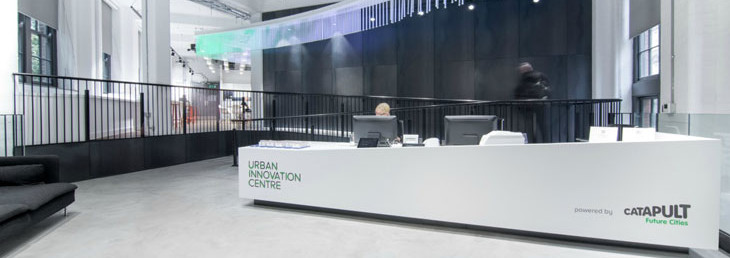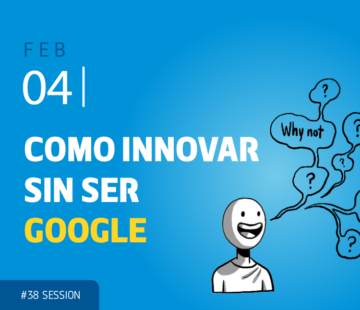Urban innovation needs to make room to collaborate in unusual ways

The future of cities is full of both possibilities and opportunities but also difficulties and uncertainties. Getting it right is not going to be easy. As in many other fields, the growing complexity of challenges and barriers is powered mainly by the increasing number of players, knowledges, interests, technologies, government bodies, or legislations involved in the potential solutions for each of those challenges.
For instance, new sensing technologies are currently able to provide new and innovative ways of reading a city. Properly implemented and leveraged, this kind of technologies could become a critical tool to improve citizen’s quality of life. But for this to happen a lot of different elements have to be aligned and agreed: who is going to be in charge of collecting and reading data, who is to gather this data from different sources, which compatible technologies should be used, who is to use or not the data and for which goals, how is privacy and anonymity going to be preserved, etc.
As most of innovations, urban innovation is also still done in isolation too often. For start, more collaboration and partnerships are needed between the public and private sectors. Usually, public administrations are not organized to assume the complexity of innovation as the private sector is. Fast technological changes in fields as distinct as biomedicine, genomics, ITCs, photonics, or energy have specific impacts on different public services and require joint action with the agents involved in these technological innovations.
Cities are already working hard to provide existing services, having little or no budget for research and for creating the innovations that might work for them in the future. On the other hand, plenty of companies and startups are creating new products and services which could potentially solve some of the problems that cities face, but they lack the opportunity to test their innovations in different real and living urban environments.
Blurring the traditional lines between sectors
The Urban Innovation Centre of London was created based on the idea that to overcome the challenges of future cities it is crucial to make room to collaborate in unusual ways. This part-government-funded organization aims to bring together small and medium sized businesses, financial investors, city leaders, researchers and students to solve the problems that cities face and make them a better, healthier and safer places to live. Its approach relies in recognizing that different kinds of organizations need to come together and share their experience, expertise, and insight in order for these problems and challenges to be addressed.
London’s Urban Innovation Centre has been designed to be a collaborative platform for all players involved in accelerating urban solutions to markets by connecting the right mix of people and make them work together in inventive ways, blurring the traditional lines between sectors. This team-based approach is reflected in the spatial organization of the building hosting this Innovation Center, conceived not as a traditional office building but as a hub for experts of various backgrounds and disciplines to collaborate together on a variety of projects of various sizes, scope and duration.
Improving future cities will need making work together, for example, architects with coders, city planners with ethnographers or engineers with interaction designers. London’s Urban Innovation Centre embrace a multi-disciplinary approach to complex experiential challenges that modern urban environments impose by including in their teams professionals as the aforementioned. Other professionals also included are service designers, social scientists, data scientist and experts in areas such as business development, behavior economics, sustainability or governance.
This Urban Innovation Center brings all these disparate talents and approaches together trying also to draw in ideas from outside the traditional cities sector as, for instance, big data, the Internet of the Things or new material technologies.
